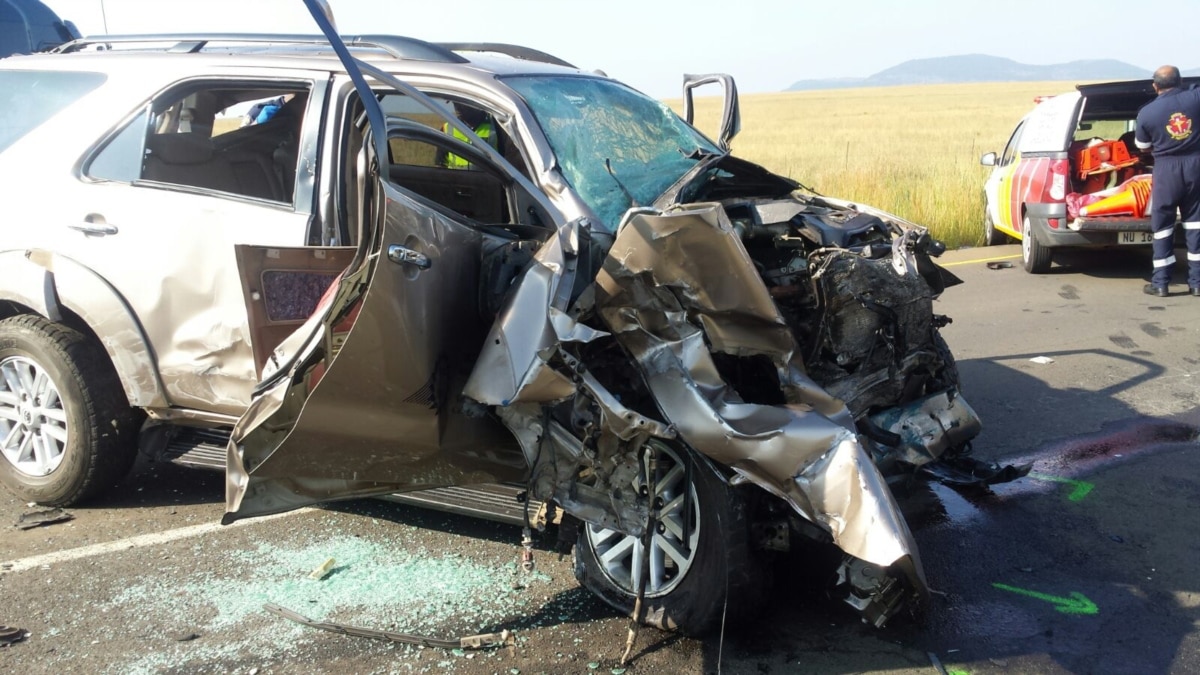Road crash mortality in Africa are up 17%, according to WHO.

The World Health Organization (WHO) has emphasized the importance of Ghana and the rest of Africa implementing comprehensive policies and measures to reduce the number of crashes, injuries, and deaths caused by road accidents by half by 2030, in accordance with SDG target 3.6.
According to the global health institution, such policies must encourage sustainable transportation systems, strengthen legislative road safety frameworks, invest in data management systems, improve post-crash response, and conduct research suited to the continent's specific difficulties.
It also emphasized that the regulations should address a variety of problems that contribute to road crashes, such as lax enforcement of traffic laws, potholed roads, speeding and intoxicated driving, and a lack of safety education for road users.
WHO made the appeal as part of the recommendations in its 2023 status report on road safety in Africa, which was launched last Tuesday in Nairobi, Kenya.
Findings
According to the research, Africa has become an epicenter of road crash deaths, putting a pressure on the continent's public health infrastructure and jeopardizing attempts to achieve SDG 3.6, which aims to reduce the number of worldwide deaths and injuries from road traffic accidents by half by 2030.
For example, the survey found that, although accounting for 15% of the global population and 3% of vehicles, the continent was responsible for 20% of all traffic crash deaths worldwide.
Again, the analysis indicated that road traffic fatalities in Africa had climbed considerably over the last decade, with about 250,000 lives lost on the continent's roadways in 2021 alone.
Specifically, from 2010 to 2021, traffic crash deaths in Africa climbed by 17%, while global rates decreased by 5%. It went on to say that males aged 15 to 64 were the most common casualties of traffic accidents, with vulnerable road users such as motorcyclists, cyclists, and pedestrians being the most severely harmed.
Lapses
The report attributed the rise to multiple factors, including inadequate road safety laws and standards, indicating: “no country in the region currently has laws that meet the best practice standards for the five key road safety behavioural risk factors – speeding, drink driving, non-use of motorcycle helmets, seatbelts and child restraints.”
It added that limited investments in alternative modes of transport, including cycling and walking, had fuelled road-related fatalities on the continent, with 13 per cent of countries having national strategies to promote walking or cycling.
“These so-called multimodal transport systems have been determined to be more equitable and environmentally friendly, and safer for road users,” the report added.
The report added that post-crash care services in the region were inadequate or unavailable in most countries – fewer than one-third have services that met recommended levels of access to pre-hospital care, emergency care, and treatment and rehabilitation services.
The WHO Regional Director for Africa, Dr Matshidiso Moeti, said the findings of the report pointed to a serious public health concern for African countries, “with hundreds of thousands of lives being lost unnecessarily”.
“As WHO, we’re committed to working hand in hand with countries to tackle this preventable threat and continue to fully support all efforts to make our roads safer for motorists and pedestrians alike,” he said.
Action
The WHO representative in Kenya, Abdourahmane Diallo, stated that for Africa to reduce the burden of road accidents, countries needed to revamp transport infrastructure, retrain motorists, and promote safety education targeting motorists, pedestrians and cyclists.
Source : Florence Kyei
Lead News Online






















:max_bytes(150000):strip_icc():format(webp)/Health-GettyImages-ToothpasteOnAcne-4ea4cfedb2224b0fb601e61b59913d06.jpg)

:max_bytes(150000):strip_icc():format(webp)/Health-GettyImages-1884986319-66db20f6180d468f8183118af4d289ff.jpg)





























